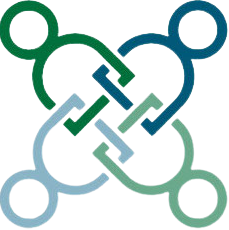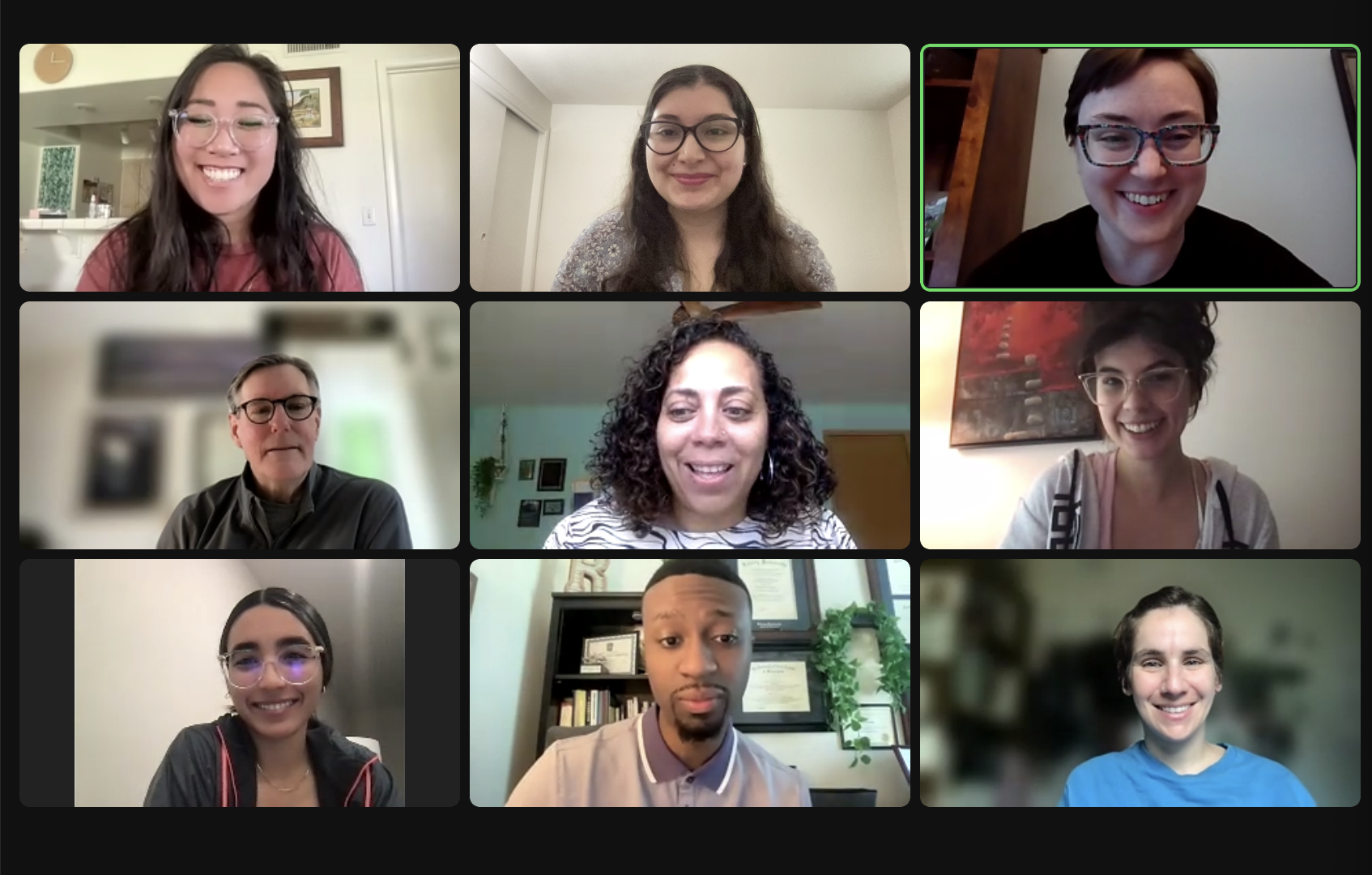ACE Carnegie Community Engagement Fellowship
My first approach to build capacity within me, in my institution, and with community
For the 2024 cycle, the Carnegie Elective Classifications piloted a peer review process for the Community Engagement Classification. The goal was to make the elective classification of and by the field and increase the diversity of reviewers who understand and represent the broader landscape of higher education institutions and community engagement. As part of this first peer review process, graduate students were welcome to participate in supporting three peer review teams. Graduate student fellows reviewed between 7 and 10 applications with their teams and provided logistical support while also participating in the discussion of the applications. This was indeed a professional development opportunity for graduate students.
Based on the previous introduction, my experience as an American Council on Education Carnegie Community Engagement Classification Grad Fellow was meaningful because it gave me the knowledge and capacity to lead the Community Engagement Program at my alma mater in Ecuador. I did not know that after finishing my Fellowship, I would be hired to promote and enact changes in the Community Engagement field in my country. Hence, this blog post aims to focus on this Fellowship's impact on my career as a practitioner.
Before I start, I want to present all the Grad Fellows and acknowledge the people who made this type of opportunity possible—a special thanks to Marisol Morales, John Saltmarsh, and Lauren Bartshe (see Picture 1).
Picture 1: First workshop with the ACE Carnegie Community Engagement Classification Team and Grad Fellows 2023
This experience enhanced my professional development due to the opportunity to build a career with the support and networking of distinguished reviewers with expertise in the field. I learned from folks from the United States and Canada. The best part of being a Grad Fellow was that my team welcomed my identity and encouraged me to contribute with my background and experiences from Ecuador. Due to this great synergy we had as a team, we achieved our goal because we had this mindset of making this a learning experience. Even though some have worked for years in the field, we acknowledged that there was always room to learn. Our dynamic as a team flowed smoothly because we also built a safe environment for asking questions, giving our opinions, and discussing different points of view based on the institution's applications with respect and assertiveness. As a grad fellow, I also felt comfortable asking questions as a new colleague in the field without worrying if my questions were good. It is what made this Fellowship a space where camaraderie arose and embraced diversity, culture, different ways of thinking, and experiences that all of us brought to the table.
The camaraderie resulted in our being cautious when doing the reviews, and we considered the community a priority for classification purposes. To illustrate it, for the review process, our consensus and decisions were taken based on evaluating critically the components of the application, especially the sections where the community partners had the opportunity to complete some surveys because that section let us know what the institutions acknowledged and if they had coherence with the community partners voices. We also based the decisions on considering the strengths and improvement areas, trying to give institutions concrete feedback on moving forward with the classification, and strengthening their community engagement from the lenses of faculty, students, and community partners. It is a best practice that I always refer to when implementing new changes at my Community Engagement in Ecuador, meaning that the community has to be on top of my decisions.
Furthermore, based on what I mentioned before regarding team support and this Fellowship, critical people from ACE also made it possible for Grad Fellows to have a voice by inviting us to present at the National Advisory Committee (NAC) Retreat, a special thanks to Cammie Jones (see Picture 2), where I stated what I am reaffirming in this blog.
Picture 2: Presentation about my experience in the Fellowship in the NAC Retreat in 2023
Another point is that the Fellowship made me aware of the Carnegie Classification's impact on making higher education in the United States a public good in which communities are valued. Institutions are meant to serve the people around their campuses. It also made me realize that there is always room for improvement in this area of universities and their purpose is to foster the public good. When I was hired for the position, I discussed with my supervisor the possibility of considering an ACE Community Engagement Classification in countries such as mine, Ecuador, because we see the impact it promotes in higher education.
Finally, I realized how the Community Engagement Classification fosters the institutionalization of community engagement from an asset-based model with a clear definition of reciprocity for all stakeholders. This is a particular way to define this work, which promotes communities as co-educators. Thanks to the guidance of my mentor and supervisor, I am implementing this last part at my alma mater. I have proposed a participatory approach for working with communities in which we value their capacities and help them build other capacities to solve their needs or problems.
To conclude, and going back to my first affirmation about the impact of this Fellowship on my career and empowerment in my work, I have gained a valuable skill set that I learned and am applying nowadays: leadership and advocacy, collaboration because without a sense of communism, it is challenging to overcome obstacles, and decision-making in looking for better ways to do our work in the community engagement because if we do not pretend to change, this field will not have sense. Furthermore, the most powerful learning I got was that the ACE Community Engagement Classification reaffirmed my belief that higher education is about building capacity for the professionals involved and with the community.
Diana Coello is working on a new model to empower communities and promote impact in community outreach projects at her alma mater in Ecuador - Universidad San Francisco de Quito. She also works with Dr. Elaine Ward on some Community Engagement projects based in the U.S. Diana did her Master of Education in Higher Education at Merrimack College and graduated in 2023. Diana can be reached at dcoello@usfq.edu.ec



